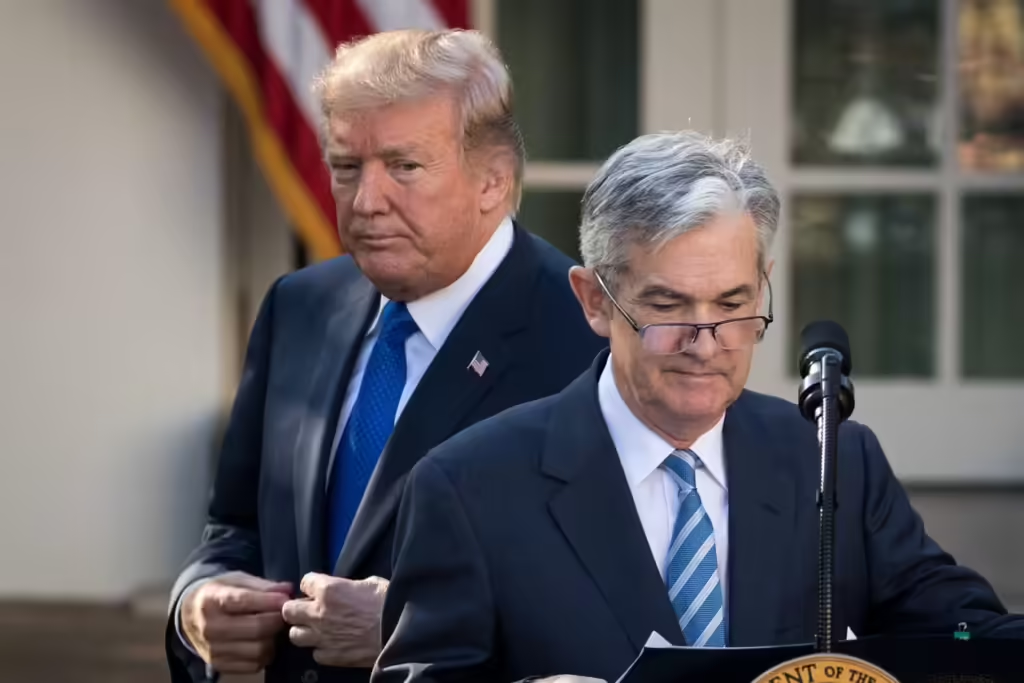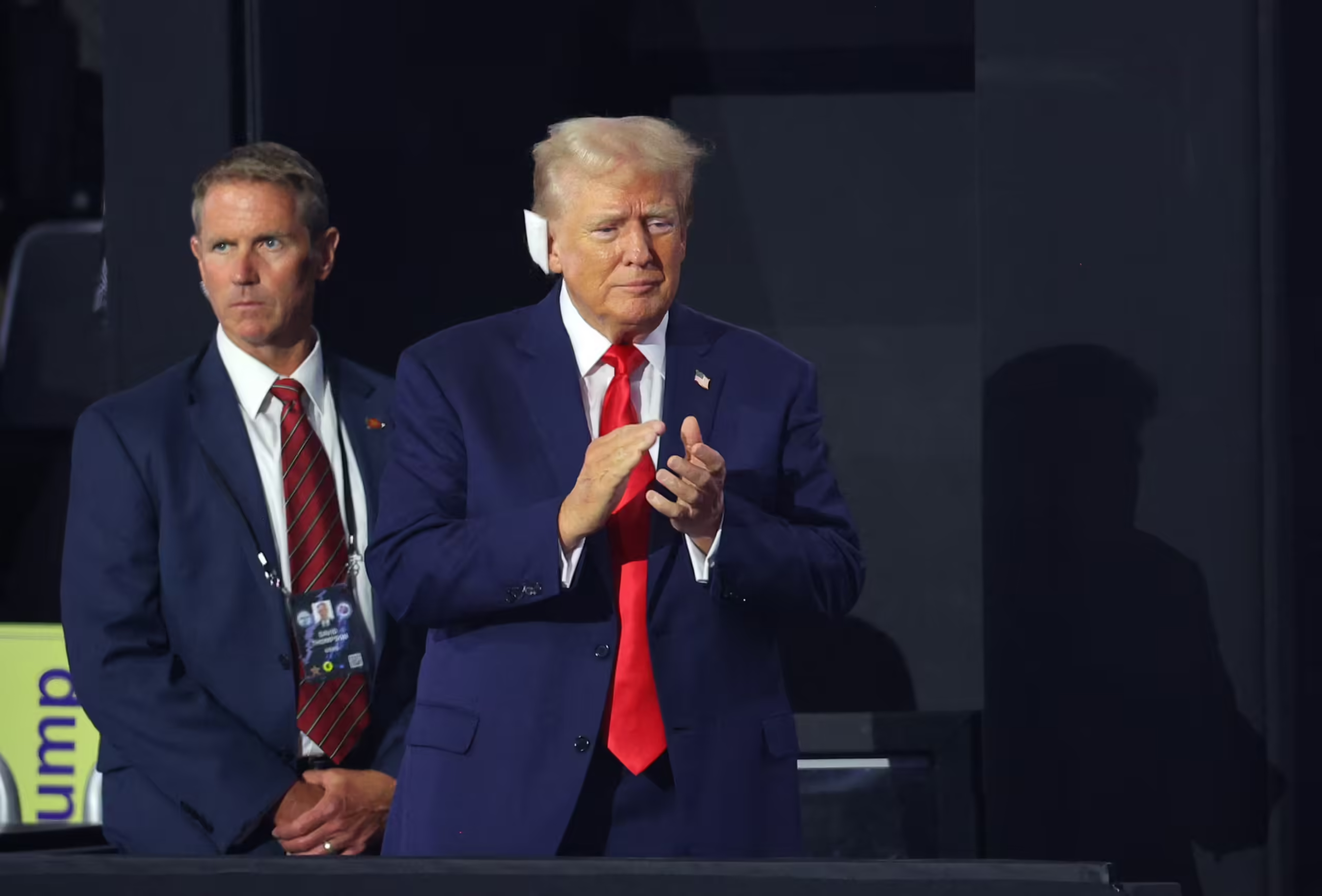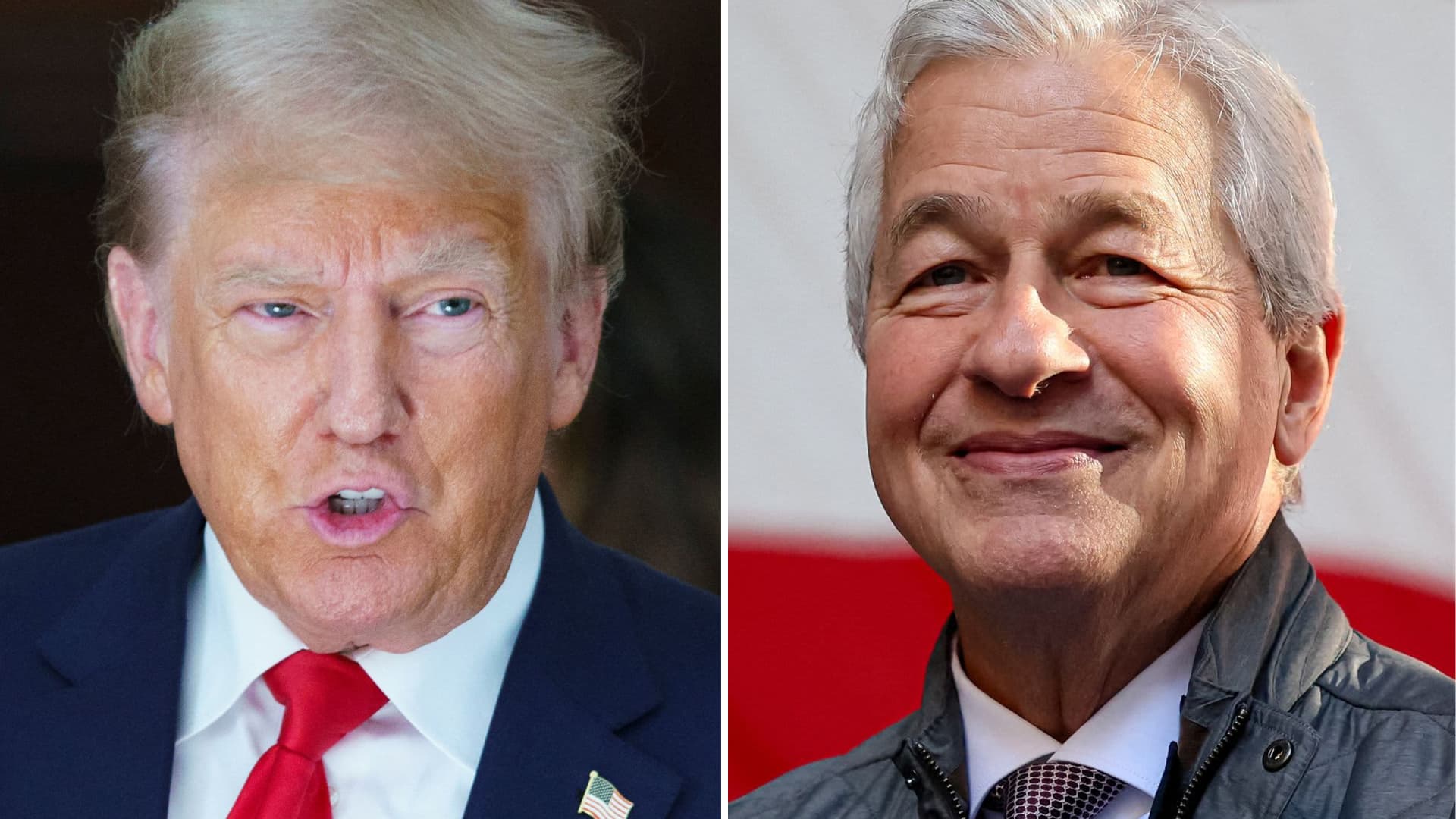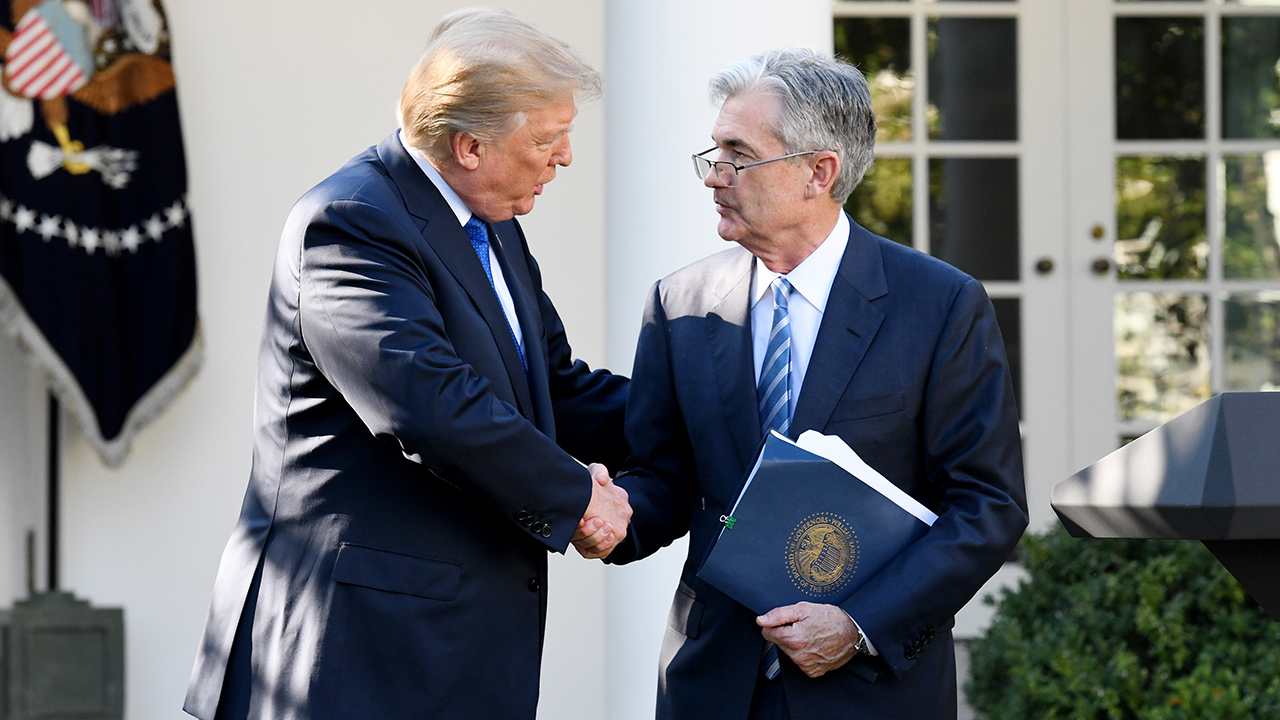
As the winds of change blow through Washington, Jamie Dimon, CEO of JPMorgan Chase, anticipates a new era of deregulation under President Donald Trump’s administration that could reshape the landscape of American banking and business. With a potential easing of regulations on the horizon, Dimon’s optimism reflects a broader sentiment in the financial sector that sees this shift as a catalyst for growth and efficiency.

Banking Industry Reacts to Trump’s Regulatory Reform Plans
The banking industry is buzzing with anticipation following recent comments by Jamie Dimon during an interview with the Miami Herald. Dimon expressed a palpable excitement among bankers, noting, “a lot of bankers, they’re, like, dancing in the street because they’ve had successive years and years of regulations, a lot of which stymied credit.” This sentiment captures the mood of an industry that has felt constricted by what some describe as overbearing regulations, eagerly awaiting an environment where they can operate with increased freedom.
Dimon believes that Trump’s plans to cut red tape could “revitalize the industry” that has long been hampered by strict regulatory measures aimed at curbing excesses that led to past financial crises. “Wall Street is whooping with joy at the prospect of Donald Trump tearing up regulations and revitalizing the banking industry in his second term,” he added.
A Vision for Streamlined Government and Enhanced Efficiency
In a bold move aimed at drastically reducing government bureaucracy, President Trump announced the formation of a new “Department of Government Efficiency.” This initiative, led by notable figures such as Elon Musk and Vivek Ramaswamy, seeks to “dismantle Government Bureaucracy, slash excess regulations, cut wasteful expenditures, and restructure Federal Agencies.” Trump likened the ambitious project to “The Manhattan Project of our time,” underscoring his vision of a streamlined, more accountable government.

Emphasizing the significance of this initiative, Trump outlined its lofty goals: “Importantly, we will drive out the massive waste and fraud which exists throughout our annual $6.5 Trillion Dollars of Government Spending.” The project’s timeline is set with a milestone; Musk and Ramaswamy’s efforts are expected to conclude by July 4, 2026, which Trump highlighted as “the perfect gift to America on the 250th Anniversary of The Declaration of Independence.”
Industry Leaders on Board with Regulatory Reduction
Expanding on the benefits of reduced governmental oversight, Dimon highlighted that “every industry could benefit from reduced regulations that would make it easier for them to operate without harming the environment, national security, or other public priorities.” His statement encapsulates a widespread belief among business leaders that effective regulation can coexist with business growth and innovation.
Meanwhile, Ramaswamy’s response to his new role was filled with determination and a forward-looking attitude. “We will not go gently,” he stated online, signaling his readiness to embrace the challenges ahead. His commitment was further demonstrated by his decision to withdraw from consideration for a Senate appointment in Ohio, choosing instead to focus on his new responsibilities.

As America stands at the cusp of what could be a significant transformation in both governance and business operations, the business community, led by figures like Jamie Dimon and new governmental leaders like Elon Musk and Vivek Ramaswamy, watches eagerly. If successful, Trump’s plans could not only redefine federal operations but also unlock new potentials in every sector of American industry, driving growth and innovation in an era of efficiency and reduced bureaucratic overhead.
